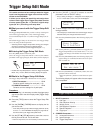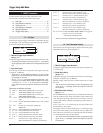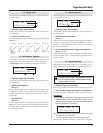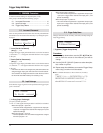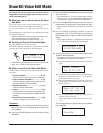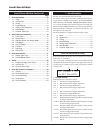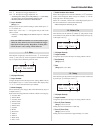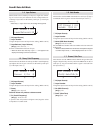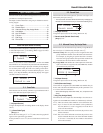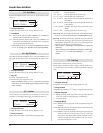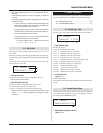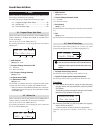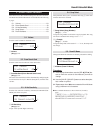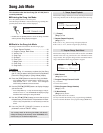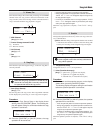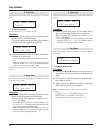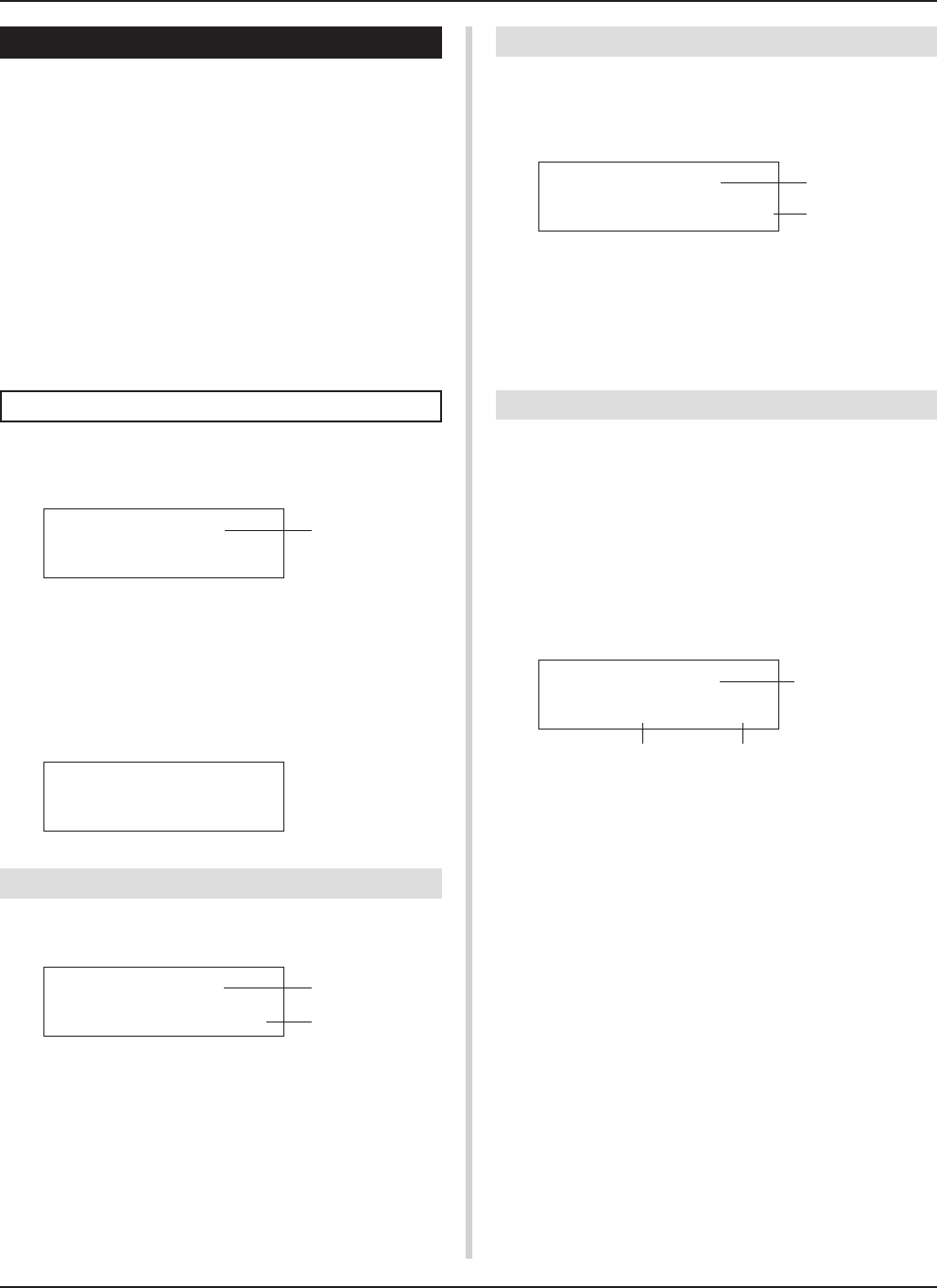
19
2. Input Common Parameters
This sub-mode sets the common settings between 2 layers for voice
parameters of each pad’s input source.
The Input Common Parameters sub-group is divided into the fol-
lowing 8 pages.
2-1. Cross Fade ...................................................... 19
2-2. Reverb Send.................................................... 19
2-3. Alternate Group, Key Assign Mode ................. 19
2-4. Hold Mode ....................................................... 20
2-5. Key Off Enable ................................................ 20
2-6. Function........................................................... 20
2-7. Pad Song ......................................................... 20
2-8. Rim to Pad....................................................... 21
Select the Input Source for editing
In the Input Common Parameters edit display, first it is necessary
to select the input source q for editing. (Refer to page 16 on how
to select the input source.)
2-2. Reverb Send
This function sets the reverb send level w for the voice (layer 1, 2)
delivered by the input source q.
*
The actual reverb send level will be determined by multiplying the
level set here with the level set in [5-2. Drum Reverb Send] (P. 23).
Drum Kit Voice Edit Mode
However, the same as in Voice Parameters, “If the same MIDI
note number is set to more than one pad within the same drum kit,
the lowest numbered trigger input jack will take priority. Regard-
less of which pad is struck, the same voice (setting) will be deliv-
ered.” So, when the setting is invalid in edit displays [2-1. Cross
Fade] – [2-5. Key Off Enable], the following display will appear
and edits cannot be carried out.
2-1. Cross Fade
This function sets the velocity (volume) cross fade between the 2
layer voices delivered by the input source q.
KIT IN=pad 1
X Fade=0 ¥¥¥¥¥¥¥
KIT IN=pad 1
(Note# in use )
q IN (Input Source)
Assigns the Input Source for setting. (Refer to the display shown
above.)
w j (Cross Fade Type)
[Range] 0-9
Selects the cross fade type (“1” to “9”). The conversion graph will
appear to the right of the type number.
If this parameter is set to “0”, the cross fade function will not be
valid.
KIT IN=pad 1
X Fade=1 ¥çœ¬æ…¥
q IN (Input Source)
Assigns the input source for the setting. (Refer to P. 16)
w Reverb send (Reverb Send Level)
[Range] 0-127
2-3. Alternate Group, Key Assign Mode
This function sets the Alternate Group and Key Assign Mode for
the voice (layer 1, 2) delivered by the input source q.
Alternate Group: This is a group of voices assigned to the same
group number that should not be delivered at the same time.
For example, by assigning an open hi-hat with a closed hi-
hat to the same group number, the open hi-hat sound will be
canceled once the closed hi-hat sound is delivered.
Key Assign Mode: This defines the sound output rules when mul-
tiple voices that are assigned to the same MIDI note number
are simultaneously delivered.
q IN (Input Source)
Assigns the input source for the setting. (Refer to P. 16)
w AltG (Alternate Group)
Voices that are assigned to the same MIDI note number that you
do not want to be delivered simultaneously. If this parameter is set
to “0” there will be no truncation.
* Some alternate group voices like Hi-Hat, etc., are preset in the
voices.
e Key (Key Assign Mode)
This defines the sound output rules when multiple voices that are as-
signed to the same MIDI note number are simultaneously delivered.
poly:
There are no limits to the number of voices delivered at once.
semi: Up to 2 voices for this note number can be produced at
one time. When a 3
rd
voice is triggered, one of the first 2
voices will be truncated.
mono:One voice can be delivered at one time, the previous voice
will be truncated.
high:One voice can be delivered at one time, the previous voice
will be truncated. However, even if the maximum number
of 32 notes is exceeded, the note number selected here
will not be truncated.
KIT IN=pad 1
Reverb send= 15
w
KIT IN=pad 1
AltG= 0 Key=semi
w e
w
q
q
q
q



